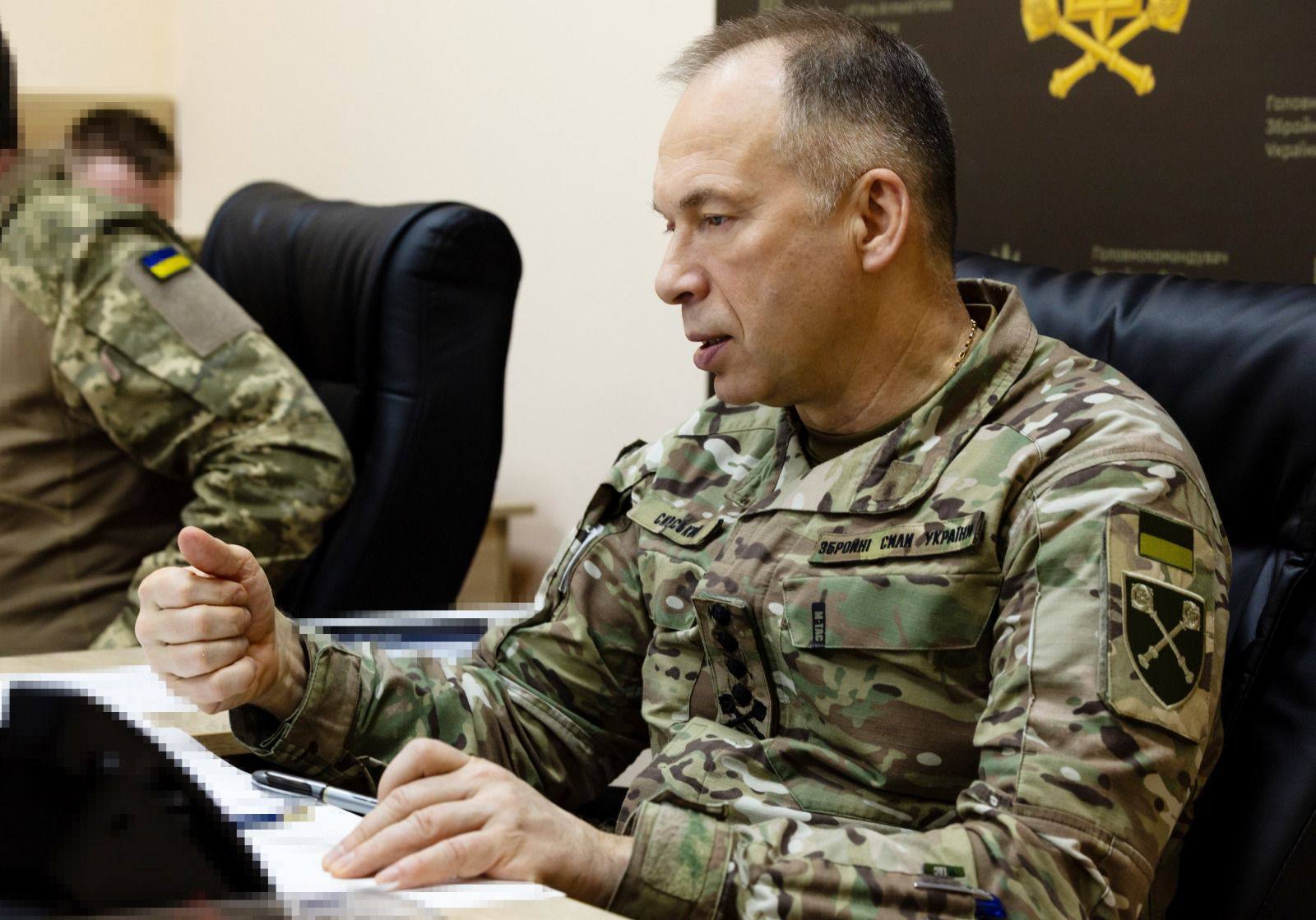The Security Service of Ukraine has prevented a terrorist attack in the center of Zaporizhzhia. As a result of a multi-stage special operation, a military intelligence agent of the Russian Federation, who attempted to detonate a local postal office, was arrested.
To commit the crime, the perpetrator manufactured an improvised explosive device with remote control in his own residence. He received instructions for making the explosive device from Russian special services. The finished device was concealed by the traitor in boxes of fruit to later send them to the cargo department of one of the postal operators.
For concealment, the criminal planned to deliver the "package" to the destination not by himself, but through a private carrier. After receiving a notification about the delivery of the "order" to the post office, the perpetrator intended to activate the explosive device through a phone call.
According to available information, the Russian forces hoped that the destruction of the institution would result in numerous casualties among the civilian population and spread panic in the frontline city.
However, SSU operatives acted preemptively, exposing the perpetrator at the stage of preparing the terrorist act. This allowed step-by-step documentation of his criminal actions, interception of the shipment with the explosive device, and the arrest of its owner.
Additionally, during the investigation, the Security Service established that an additional task of the Russian agent was to identify locations of mass concentration of personnel and equipment of the Armed Forces of Ukraine. He was supposed to transmit the obtained information to the aggressor for the preparation of sabotage against the Armed Forces or conducting airstrikes on their locations.
According to the investigation, a local resident turned out to be the Russian accomplice. At the beginning of 2023, he was remotely recruited by a staff member of the 316th reconnaissance center of the General Staff of the Armed Forces of Russia (known as "GRU"). His identity has already been identified by the Security Service.
To involve the man in clandestine cooperation, the Russian special service engaged his acquaintance, a resident of the temporarily occupied part of the region. Subsequently, the agent received through his "handler" tasks for committing the terrorist act, as well as instructions and money for making the explosive device. Communication between them was carried out through a popular messenger. In the event of carrying out the explosion and performing other tasks, the Russian forces promised their agent a monetary "reward."
During searches in the detainee's residence and car, items and components for creating an improvised explosive device were seized. Additionally, computer equipment and mobile phones with evidence of criminal activity were found on him.
The detainee is currently in custody and faces life imprisonment.





















